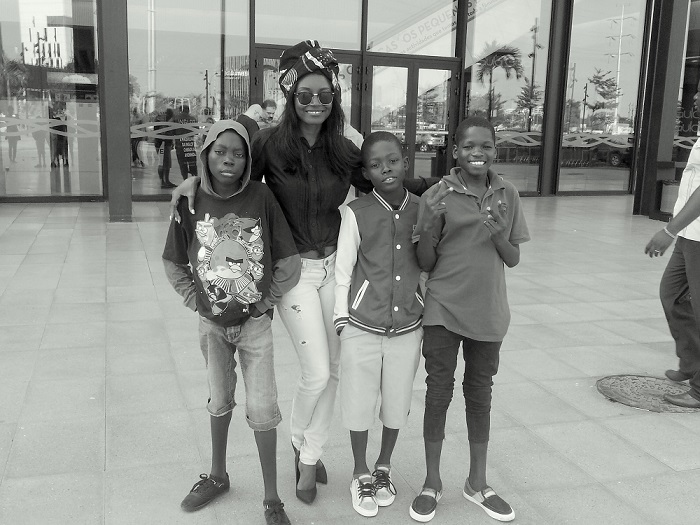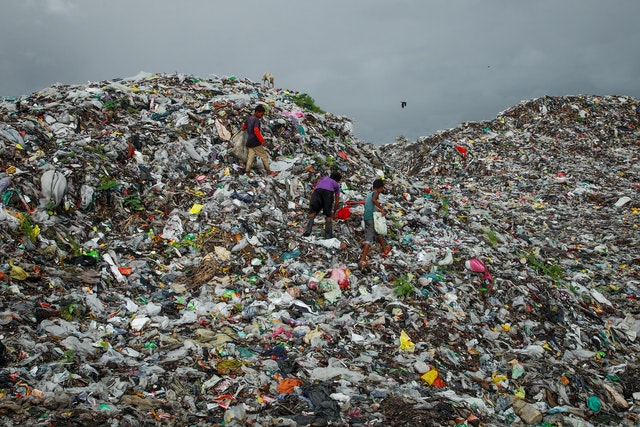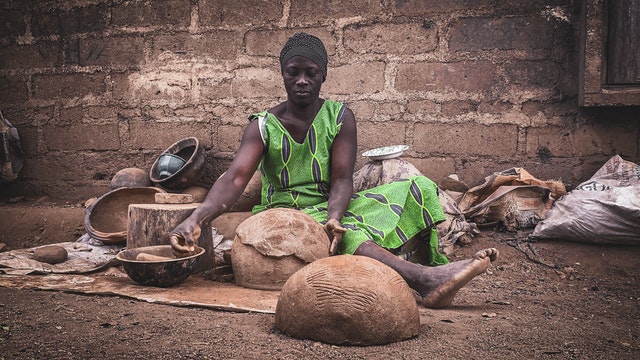Charitable Dedication
Because we are not blind to the things that matter, we put words into action and are truthful in what we do. We touch the lives of people we work with and contribute to making their world a little more pleasant one day at a time.
Every time I go back home, I ran to spend some time with our kids; I had missed them a lot! The one on my right end is Alfredo but I call him Fredi. He is a 17-year-old boy from... somewhere in Angola!
I decided to take them to the cinema. It was Fredi’s first time in the cinema and he was super excited. The one next to him is Samuel, a 15-year-old, who believes he is the smartest of the crew. He wanted to look super nice for me, but, by the time we got to the cinema, he was limping. His little friends turned him in, saying that Samuel couldn’t walk because his shoes were super tight and that he should stop using them. I quickly knelt down to loosen his shoelaces and make things a little more comfortable for him.
On my left is Zimba a 24-year-old. Zimba doesn’t talk much and he was terrified of the escalator. I had to take his hand while assuring him, it was ok to step his foot on the escalator. While gripping onto my hand he jumped and as he jumped onto the escalator his little hand gripped harder.
But what do they have in common? They all are children abandoned or tossed aside, expelled by their families.
Their stories are of misery, sufferance and of indescribable pain. That's why we are willing to do everything in our power to improve these kids’ lives and make their world a bit more bearable to live.
As a result, 15% of muntu proceeds will go to support hundreds of kids like Fredi, Samuel and, Zimba who were forgotten, discarded and are now on the battlefield for survival.

Ecological Footprint & Sustainability
Muntu is transitioning to a more sustainable business. We want to rethink the conventional approach to environmental issues and realign to a sustainable approach while implanting seeds to renewable practices of the coming future.
We want to make our mission to reduce our ecological footprint while sustaining the earth’s natural resources.
Our products are lifestyle pieces in the pursuit of sustainable living. That is why we are working with skilled craftspeople and small artisans who are at the forefront of sustainable practices and are opposed to mass-production.
We cannot fix the world, but we can make a tremendous impact.
Sourcing everything from the motherland, our crafters are attentive to an ecological balance.
We are strongly committed to sourcing our goods with conscious ethical materials with respect to the people and the planet.
Help shape Africa’s legacy while redefining small and local businesses along the way.

Embracing Upcycling and Vintage as an Antidote to Fast Fashion and Fast Homewares
Fast fashion and fast homeware have taken over the fashion and home furnishing industry significantly. Clothing and home furnishing manufacturers have entirely transformed their business model to quickly produce and sell the latest trends and clothes at a fraction of the price of high-street fashion brands. So much so that fast fashion and fast home brands have become the norm.
While fast fashion and fast homeware may represent a significant saving in terms of monetary cost, it has other invisible costs that greatly outweigh the convenience and affordability of buying cheap clothes. They have the human cost of overworked and underpaid labor, usually located in underdeveloped countries. There is another cost attached to fast fashion and fast homeware growth: clothing and home furnishing waste's adverse environmental impact. Most of this waste is shipped to African countries as "secondhand" for resale purposes. However, many of the clothes are in such bad conditions that they are deemed unwearable and end up in landfills.
There is a common perception among US consumers that donating used clothing is good for the environment and can help people in need, especially those living in the local community. Rather than discard clothes, we are encouraged to donate them to charities. However, most of us are largely unaware that most of our well-intentioned donations are eventually exported across the ocean to sub-Saharan African countries for profit. According to Oxfam, an estimated 70 percent of clothes donated in Europe ended in Africa in 2015. More than 40 percent of clothing in markets in Accra, the capital, is unsellable and heads directly to landfill. Combining customs, port, metropolitan, and health officials bring the clothes to landfills and burn them. In West Africa, Accra alone receives an estimated 15 million used garments every week from Europe, America, and Australia. _ OR Foundation.

Surprisingly, African households have invariably been models of sustainability, practicing daily behaviors, and reuse's historicity is rooted in traditional knowledge and practices. Broken water basins are used as trash bins, cement bags and used maize sacks are woven into mats, chip/crisps packets and other wrappers are crafted into household decorations, food waste is fed to livestock, metal cans are repurposed as flower pots, old mosquito nets are used to cover windows and to dry fish, scrap paper is made into decorations. _Kalina, M., Ngcoya, M., Nkhoma, B. et al. Conceptualising Reuse in African Households: Perspectives from Chembe, Malawi. Environ Dev Sustain (2021). The circular concept in Africa is widespread and diverse. The approach has always been to reuse something. Vintage fashion in Africa was a lifestyle movement, never a trend. For Africans, it was a process of conscious and informed economic decision-making. People in African countries have always followed a sustainable lifestyle and are in harmony with nature. High-quality vintage clothing has always been an integral part of this practice. Upcycling and reuse are not things done for money or to impress. They are part of culturally grounded activities that have long existed and continue to exist at the household level in African nations. Before the influx of fast fashion hand-me-downs, vintage clothing and upcycled homewares have always been a popular source of getting affordable and high-quality goods.
At muntu, we are committed to shining a light and promoting the same African values, and producing sustainable alternatives to fast fashion brans. We want to highlight the various incarnations and reincarnations of materials used in clothes, accessories, and objects for the home. Any piece of wardrobe or accessories we curate reflects that and represents timeless and classic styles, has longevity, and is made with durable materials. Ultimately, we want to provoke a conversation and establish a relationship between citizens and fashion beyond our consumers' roles. We want to rethink the conventional approach to the circular economy while looking for alternatives to decrease the saturation of secondhand clothing that has left African and other least developed countries feeling like they have become a dumping ground for discarded clothing from developed countries. "You have the power to buy, so you have the same power to challenge and question the players involved. You can challenge mass production because it feeds from our purchasing power. you can seek transparency and accountability because it is your right to know what really goes on. _Sel Kofica from the Slum Studio.

